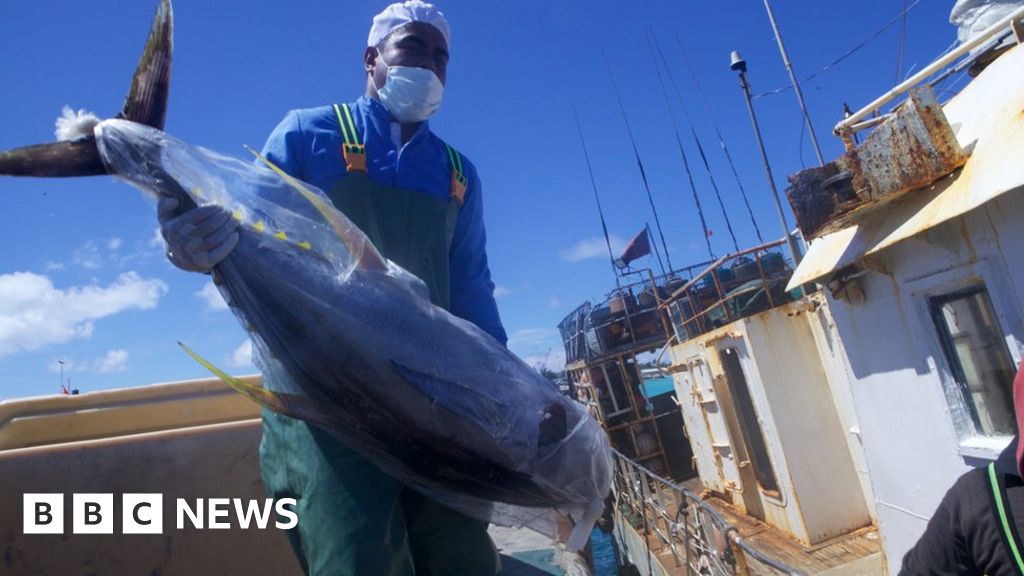Last year, Kiribati largely opted out of a regional $90m deal with the US, drastically cutting the number of days US boats could fish in its water under the treaty.
Kiribati’s President Anote Tong says there’s a practical element to it.
In previous years, they ran out of fishing days allowed under the treaty, and had to buy some from one country in order to give it to another.
But Kiribati might also be looking for a better deal.
“All we’re saying is we would reduce our contribution of vessel days to the US treaty. If the US boats want to fish in our waters, they can buy direct from us,” he says.
Regardless of whether cartels stick together, national competition and consumer watchdogs take a dim view of them, because they usually jack up prices.
Trade commissions or consumer bodies might step in, for example, if supermarket chains or petrol retailers were jointly setting prices or conspiring to drive rivals out of business.
Of course, there’s no watchdog that can stop co-operation between governments.
But the small Pacific states can scarcely be accused of predatory trade practices given how much fishing wealth flows out of the region.



